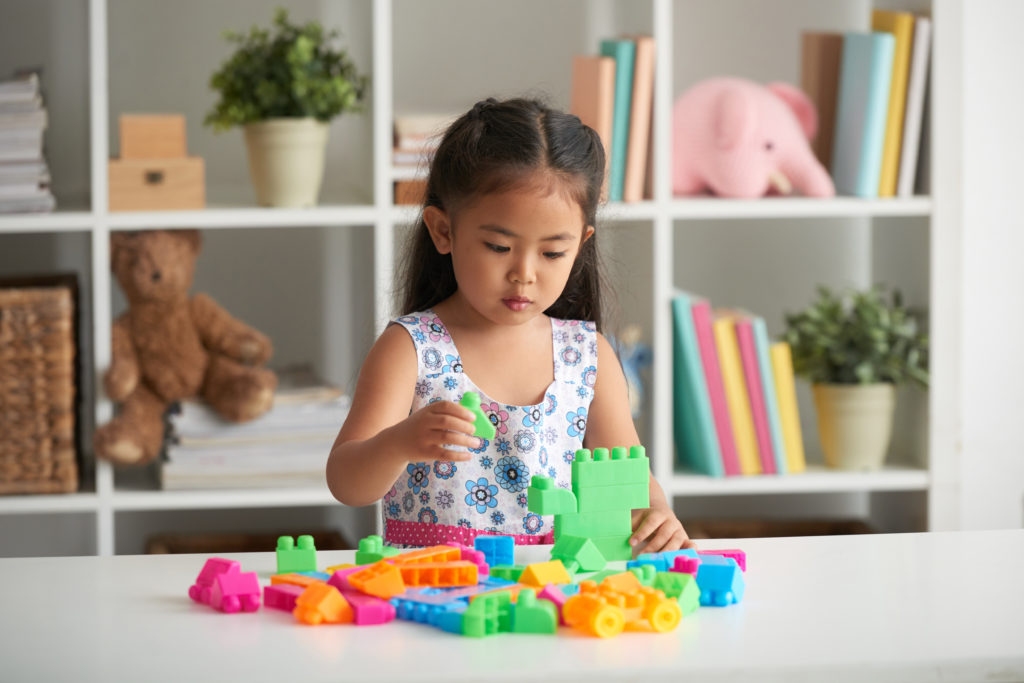
Feeding your baby is one of the most important things you will do as a new parent. Not only does it provide necessary nutrition, but it also has a significant impact on your baby’s cognitive and emotional development. In this article, we will explore the connection between baby eating and cognitive emotional development.
Table of Contents
The Science behind Baby Eating and Cognitive Emotional Development
The first few years of life are crucial for a baby’s brain development. During this time, the brain is rapidly growing and developing connections between neurons. Nutrition plays an important role in this process. Proper nutrition, including getting enough iron, protein, and essential fatty acids, is essential for brain growth and function.
Feeding your baby also has emotional benefits. When a baby is fed, they feel loved, nurtured, and cared for. This helps to strengthen the bond between parent and child, which is important for emotional development.
The act of feeding also provides a sense of security and comfort for babies. This can help to reduce stress and anxiety, which can have a positive impact on their emotional development.
The Importance of Breastfeeding
Breastfeeding is the most natural and ideal way to nourish a baby. Breast milk is perfectly designed to meet a baby’s nutritional needs and provides many benefits that cannot be replicated by formula.
Breastfeeding also has a positive impact on a baby’s cognitive and emotional development. Studies have shown that breastfed babies have higher IQs and are less likely to develop behavioral problems than formula-fed babies.
Breastfeeding also helps to strengthen the bond between mother and baby. The skin-to-skin contact and eye contact during breastfeeding help to promote feelings of love and attachment, which is important for emotional development.
Introducing Solids
Introducing solids is an important milestone in a baby’s development. It provides new tastes and textures and helps to develop their motor skills. However, it is important to introduce solids at the right time and in the right way.
The American Academy of Pediatrics recommends introducing solids between 4 and 6 months of age. Before this, a baby’s digestive system is not developed enough to handle solid foods. It is also important to introduce one food at a time and wait a few days before introducing another. This helps to identify any allergies or sensitivities.
The Role of Parental Attitudes
The way parents approach feeding their baby can also have an impact on their cognitive and emotional development. Parents who are responsive to their baby’s cues and provide a nurturing environment during feeding help to promote emotional development. On the other hand, parents who are harsh or unresponsive can have a negative impact on their baby’s emotional development.
It is also important for parents to model healthy eating habits. Children learn by example, and if parents eat healthy foods and have a positive attitude towards food, children are more likely to develop these habits as well.
In Conclusion
Feeding your baby is more than just providing nutrition. It plays an important role in their cognitive and emotional development. Breastfeeding, introducing solids at the right time, and providing a nurturing environment during feeding all contribute to a baby’s overall development. By being mindful of these factors, parents can help to promote healthy development and set their baby on the path to success.
Frequently Asked Questions
Q: When should I start introducing solids to my baby?
A: The American Academy of Pediatrics recommends introducing solids between 4 and 6 months of age.
Q: Is breastfeeding really that important?
A: Yes, breastfeeding provides many benefits for both the baby and mother, including cognitive and emotional development.
Q: What should I do if my baby has an allergy or sensitivity to a food?
A: It is important to introduce one food at a time and wait a few days before introducing another to identify any allergies or sensitivities.
Q: How can I promote a positive attitude towards food in my child?
A: By modeling healthy eating habits and providing a nurturing environment during feeding, parents can help to promote a positive attitude towards food.
Q: Can my attitude towards feeding my baby have an impact on their development?
A: Yes, parents who are responsive and nurturing during feeding help to promote emotional development, while parents who are harsh or unresponsive can have a negative impact on their baby’s emotional development.
